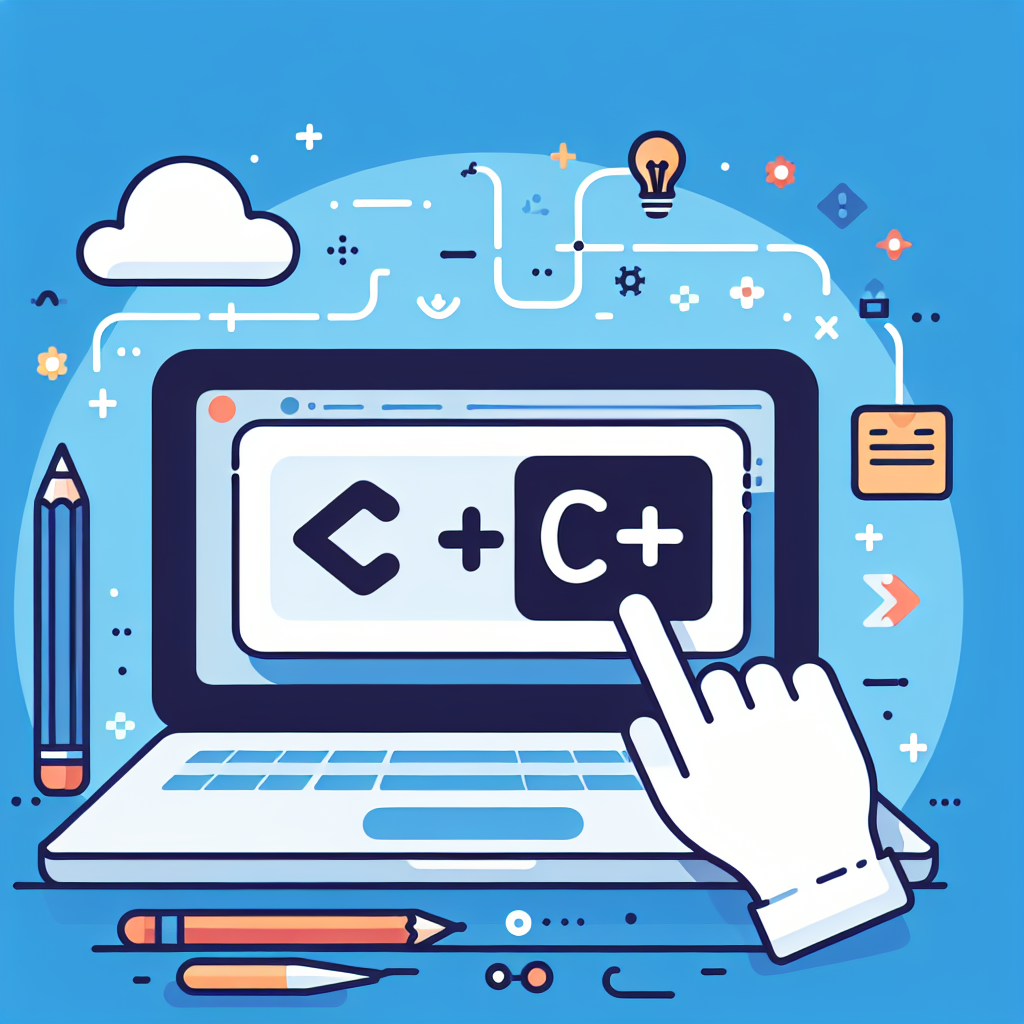Swift to C++ Converter Tool: Easy Code Transformation
Effortlessly convert Swift to C++ with our powerful tool. Enhance cross-platform compatibility and streamline development. Try it now for seamless code transformation!
Source Code
Converted Code
Output will appear here...
Swift to C++ is a powerful code conversion tool designed to seamlessly transform Swift code into C++ syntax, enhancing cross-platform compatibility and performance. Ideal for developers seeking to leverage Swifts modern syntax alongside C++s robust system-level capabilities, this tool streamlines the process, reducing manual conversion errors and accelerating project timelines. Perfect for app developers aiming to expand their applications to a wider range of platforms with increased efficiency and precision.

Swift to C++ Conversion Tool Link to this section #
Efficiently transitioning from Swift to C++ can vastly improve the adaptability and performance of your applications. This Swift to C++ conversion tool is designed to seamlessly transform Swift code into functional C++ code, providing a bridge between modern app development and high-performance computing.
Key Features: Link to this section #
- Automated Code Translation: Converts Swift syntax into equivalent C++ code, reducing manual rewriting efforts.
- Error Detection: Identifies and flags potential issues during conversion to ensure code integrity.
- Performance Optimization: Suggests enhancements to take full advantage of C++'s capabilities.
Benefits: Link to this section #
- Cross-Platform Compatibility: Utilize the power of C++ for various operating systems, enhancing the reach of your applications.
- Performance Gains: C++'s efficiency in handling complex operations can significantly boost application performance.
- Enhanced Control: Gain deeper control over system resources and memory management.
Code Example: Link to this section #
Swift Code: Link to this section #
var greeting = "Hello, World!"
print(greeting)
Converted C++ Code: Link to this section #
#include <iostream>
#include <string>
int main() {
std::string greeting = "Hello, World!";
std::cout << greeting << std::endl;
return 0;
}
How It Works: Link to this section #
- Input Swift Code: Paste your Swift code into the tool.
- Conversion Process: The tool analyzes and translates the code structure.
- Output C++ Code: Review the C++ output, complete with enhancements.
Related Keywords: Link to this section #
- Swift to C++ conversion
- Cross-language compilation
- Swift to C++ migration
- Code translation tools
For further learning, explore resources on Cross-Platform Development and Optimizing C++ Code. These can provide deeper insights into maximizing the potential of C++ in your projects.
Frequently Asked Questions
What are the main differences between Swift and C++?
Swift is a modern programming language developed by Apple for iOS and macOS applications, designed with simplicity and safety in mind. C++, on the other hand, is a powerful language used for system/software development, known for its performance and versatility. Swift offers automatic memory management and is generally easier to read and write, while C++ provides more control over system resources and is widely used in game development, real-time systems, and applications requiring high performance.
How can I convert a Swift program to C++?
Converting a Swift program to C++ involves rewriting the code since these languages have different paradigms and features. You need to manually translate the logic and data structures. Start by understanding the Swift code thoroughly, then map Swift's classes, functions, and data types to their C++ equivalents. Be cautious of language-specific features such as Swift's optionals, closures, and memory management, which may not have direct counterparts in C++.
Is it possible to call C++ code from Swift?
Yes, it is possible to call C++ code from Swift using a bridging mechanism. You can create an Objective-C++ file (with a .mm extension) to serve as a bridge between Swift and C++. This file can import C++ headers and expose C++ functions to Swift by wrapping them in Objective-C functions, which can be further accessed in Swift using a bridging header. This approach allows you to leverage the power of C++ within a Swift application.